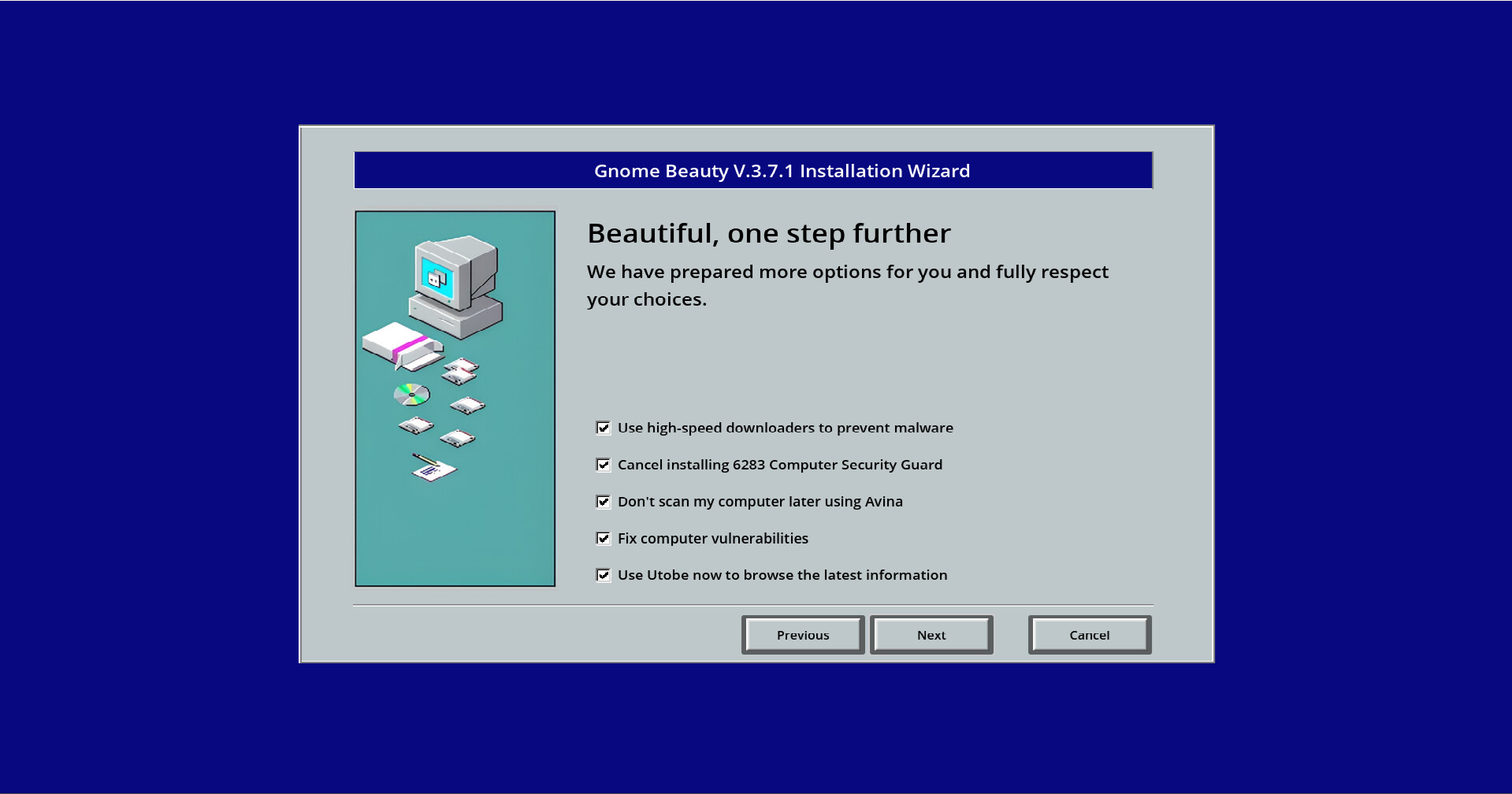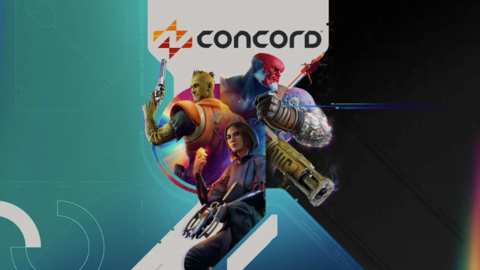
It’s impossible to feel nostalgic about malware. I’ve been trying all week, and it’s just not happening. Remember those illicit programs that came piggybacking in on dodgy installers or laced throughout questionable .exe files? Over the last few days, I’ve been trying to feel even a little melancholic fondness for these things, despite the fact they were forever slowing down PCs or installing their own lurid search bars on elderly parents’ browsers.
They do trigger memories, at least. When I think of malware — which I am sure is still alive and well and probably oozing toward me over the internet as I type this — I am whisked back to the late 1990s. That’s when I experienced the initial realization that my innocent-seeming desktop was actually the open mouth of some awful pipe — a pipe capable of draining my finances into someone else’s bank account.
So Malware, a new puzzler by Odd Games, isn’t a playful prodding at folk memory. It may look nostalgic, what with its Windows 95-era email inbox and its series of polite gray software wizards waiting to be navigated. Do not be fooled. This is actually a clever strain of horror game. It hinges on that most primal of horror threats, in fact: infection, and the innate fear of being compromised.
None of which is to say that Malware isn’t kind of wonderful. The game starts with that friendly inbox, in which you receive a series of emails from frustrated computer users around the world. Regardless of their individual stories, these users are all trying to install the programs they want without any of the programs they don’t want tagging along for the ride. Defeated, they now need your help. Each new email is in essence a new mission, and the missions are variations on a theme. Click on the launcher you’ve been sent, puzzle your way through its various check boxes and EULA agreements. Hit install and then see whether you got away with it. How did it go? Did you manage to download the files you were after without anything else coming with them?

True to actual malware, the variations you’ll encounter in Malware are often genuinely maddening. Even early challenges quickly leave behind innocent check boxes and muddle with tricksy check box placement, hiding something nefarious by sneaking it into the middle of an innocent-sounding list. Later challenges include buttons with the wrong labels, confusing language, auto downloads that must be interrupted, check boxes hidden in license agreements, and all manner of opportunities to ponder what, exactly, is meant by the option to go for a “custom installation”? If you’re after a game that turns the simplest loading bar into a genuine agent of dread, this is it.
It’s beautifully judged stuff, but I’ve slowly come to realize that Malware works so well as a game for the same reason that malware often works in the real world. These things succeed because they understand that, even before they’ve tried to trick me, I already feel slightly powerless when sat before the bland authority of a computer window. This remains true even when, once I actually think about it, the authority the window seems to possess is not any authority that I remember giving it.
This comes down to the awareness that computers are complex and operate in ways that are far beyond my understanding. It means that when they stoop to my level to offer me dialog boxes that I can at least read and parse, I’m already on the back foot. I already feel like I’m not in a position to question very much. I’ve already lost.
Inevitably, the more I’ve played Malware, the more I’ve started to worry that it might actually be genuine malware. There’s the plot that slowly develops, for one thing, which is every bit as whimsical and unlikely as the texts that often bring vivid life to phishing emails from those distant princes who just need a little help moving their fortunes around. And then there’s the simple sense of a stellar opportunity in play. How hard would it be for the designers to slip a real dodgy installer in alongside all the fake dodgy installers they’ve already created? Wouldn’t that be meta?
In truth, though, I think this is simply an ingenious game that gains its powers by laying down the very thinnest of fictions with the very finest of brushes. When you fire up Malware, you sit at a computer and play as someone sitting at a computer. And then you try, as best you can, to keep that imaginary computer safe from harm. Good luck.
Malware was released July 31 on Windows. The game was reviewed using download code purchased by the author. Vox Media has affiliate partnerships. These do not influence editorial content, though Vox Media may earn commissions for products purchased via affiliate links. You can findadditional information about Polygon’s ethics policy here.
Source:https://www.polygon.com/review/441331/malware-plucks-at-the-bland-horrors-of-the-computer-desktop







